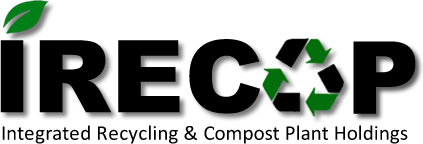The Sefwi Wiawso Integrated Recycling and Compost Plant (IRECOP), commissioned in July 2023 in the Western North Region of Ghana, represents a transformative public-private partnership aimed at addressing waste management challenges while promoting environmental sustainability and economic growth. Operated by the Jospong Group and developed in collaboration with the Government of Ghana, the facility has the capacity to process 400 tonnes of municipal solid waste daily, converting over 60% into high-quality organic compost for agricultural use and recycling plastics into industrial raw materials.
The Sefwi Wiawso IRECOP exemplifies Ghana’s proactive approach to merging environmental stewardship with socio-economic development. By transforming waste into resources, it addresses urbanization challenges while fostering resilience and innovation in line with national and global sustainability agendas.
